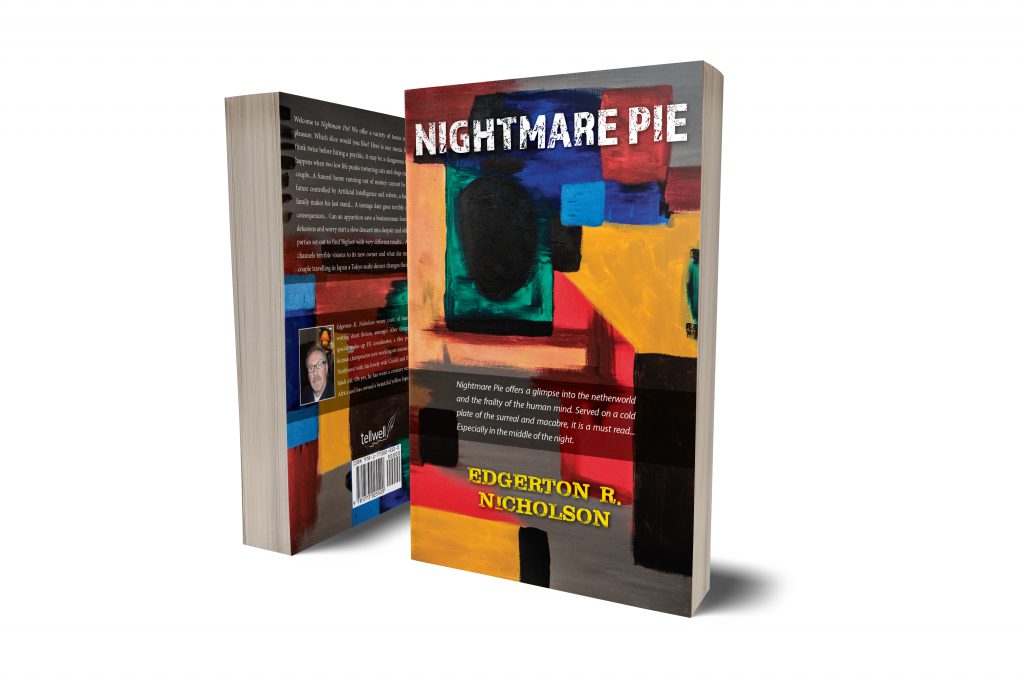Getting your novel on Amazon is just the beginning by Philip Wilson
Guest post – by Tellwell author Philip Wilson
I had The Librarian on my hard drive for many years, and never got around to doing anything with it. Although I learned you can self-publish directly on Amazon, it seemed to require a fair amount of effort – special formatting, cover design, etc., that I wasn’t inclined to do. Then I discovered Tellwell. Their website said they’d handle all of the detail required to make The Librarian available on Amazon, Chapters and Barnes & Noble – both in hardcopy and e-book version for a set fee – and I’d keep 100% of the royalties. (I didn’t expect the royalties to amount to much – but I liked the gesture.)
The fact that Tellwell was a small start-up company based in Victoria, BC, caused me some concern, but I decided to give them a shot; and they’ve been absolutely fantastic. The Librarian is now available on Amazon, Chapters and Barnes & Noble. Not only did Tellwell make the process easy, they actually made it fun. They’ve got great people and really took an interest. Like all first time self-publishing authors I’m sure, I had a lot of questions, but they patiently walked me through the process.
When I started out, I assumed that once the novel was available on Amazon, I was finished. With the millions of people on the site everyday, I assumed at least a small percentage would see it, like the plot and decide to spend at least a buck for the e-version. All wrong. Initial sales were negligible. I’ve now learned that if you really want people to buy your book, getting it on Amazon is just the first step. You have to market it, which means getting reviews, doing giveaways, getting into bookstores and so on. I’ve now been working with Tellwell on marketing for eight months since my novel was first on Amazon. Sales figures are starting to show some growth, but more importantly the entire process has been fun, educational and rewarding.
I don’t look at marketing as an investment for a single book but rather an investment in writing. Writing is completely different than the career I had (finance and math) but I’m having a lot of fun with it. I’d like to sell more books, but as long as I’m enjoying it – both the writing itself and the marketing process – I intend to keep at it. I’ve now written a second novel, Songs for Lucy, and I believe that the more sales momentum and recognition I can win for The Librarian, the easier it will be to launch Songs for Lucy.




